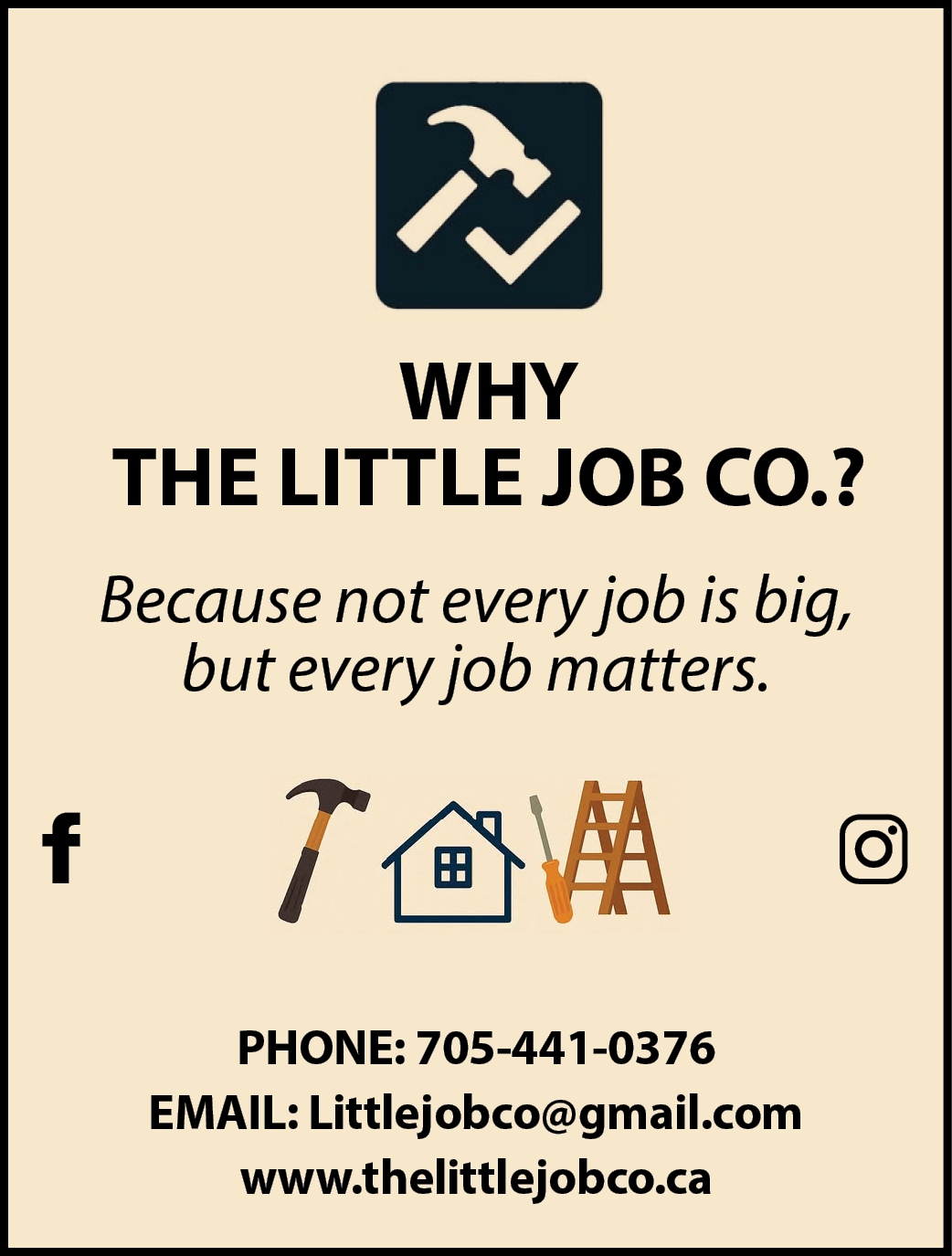Stephen Vance, Editor
 We’ve been hearing more and more about the challenges of dealing with waste disposal and particularly recycling programs, and in the years to come, we’ll be hearing much more on the topic. And while over the past few decades the onus has been placed upon consumers to separate household waste into trash, recyclables, and in some communities, compostables, the real solution to our trash troubles is in the hands of manufacturers.
We’ve been hearing more and more about the challenges of dealing with waste disposal and particularly recycling programs, and in the years to come, we’ll be hearing much more on the topic. And while over the past few decades the onus has been placed upon consumers to separate household waste into trash, recyclables, and in some communities, compostables, the real solution to our trash troubles is in the hands of manufacturers.
As diligent as we consumers have been at separating our waste and ensuring that we are recycling as much as possible, much of what we toss in our blue boxes causes problems for recycling companies.
Even some common items are problematic for recycling companies. Coffee cups, for example, are made of paper, but the interior lining is a thin layer of plastic. Many recycling facilities will no longer accept those paper coffee cups as they cause trouble with the sorting equipment, and the end product is a low grade paper due to the plastic component, which makes it tougher to sell.
Another problem item that we frequently toss into our blue boxes are coloured plastics. According to a recent feature article by the CBC, clear PET plastic has much more value than coloured plastic, and too much coloured plastic product can ruin the value of an entire load of collected plastic products. Similarly, those black plastic trays that many food service companies love to use hold little value for recycling facilities as there isn’t much of a market apparently for recycled black plastic.
Plastic bottles with shrink-wrapped labels can cause fits for sorting equipment at recycling facilities, so consumers are supposed to remove the shrink-wrap labels before tossing the bottles in their blue bin, but very few actually do so, and most aren’t even aware that they should.
So what exactly is the responsible consumer to do after learning that much of what they toss into their blue boxes creates more problems than are solved? Put pressure on producers.
If it can’t be recycled, then it will go into the general waste stream which ends up costing consumers a little more money as most communities these days have a bag tag program costing anywhere from a dollar to as much as $4 per bag.
The past 30 years of residential recycling programs has tasked consumers with a responsibility that shouldn’t be theirs. The responsibility must rest with producers of the products we buy, and we need governments large and small to shift from training the public to be trash sorters, to pressuring manufacturers to use less packaging material, and to use materials that can be easily sorted and recycled once they arrive at a recycling facility.
But it can’t be just a handful of communities to pressure these big corporations. Municipalities must band together to take on the manufacturers as a unified voice, and municipalities must enlist the help of provincial and federal governments if they are going to be taken seriously.
We consumers have done our share. We have sorted our trash, we’ve switched from plastic shopping bags to reusable fabric bags, we fill our blue boxes with what is allowed and what we think is allowed. Many of us attempt to purchase products with as little packaging as possible, but if we are told to toss our plastic shampoo bottles into the blue box and the recycling facilities have problems processing them, again that is not the consumer’s problem.
There isn’t much more that we consumers can do. We have been trained and conditioned to separate our waste and to recycle as much as possible. If what we’re sending to the recycling facilities isn’t worth the effort to recycle, or if the materials simply can’t be recycled, that’s not our problem, that is a problem for big business to solve.
So to the manufacturers of containers and coffee cups, and a host of other materials – we’ve done our share as consumers, but you keep supplying us with products that create more problems, so it’s your turn. You’ve enjoyed raking in profits while municipalities and consumers have attempted to solve the problem of recycling your products – it’s time we tackled the root cause, and it’s you, manufacturers.










